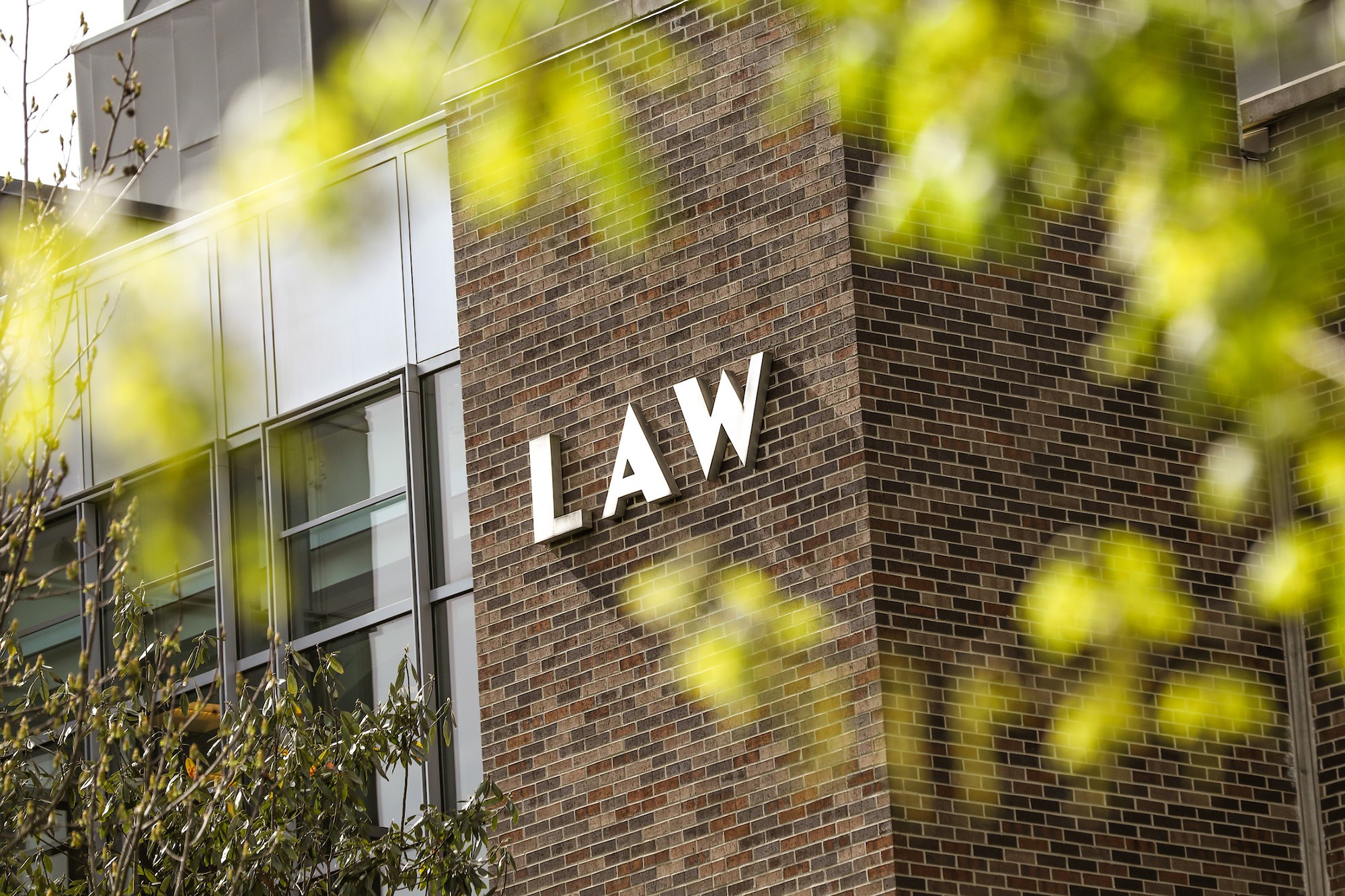
Duke Law School Dean David F. Levi established the Center for Judicial Studies five years ago to bring together the strengths of the bench, bar, and academy to improve the administration of justice.
The Center’s cornerstone remains the operation of the only post-graduate law degree program offered to judges. Two classes have graduated, and the third returns to Duke for its second session this summer. We are now inviting judges to apply for the upcoming class, which starts in 2018. Application information is available on our website at law.duke.edu/judicialstudies. Duke offers a full scholarship to all accepted judges, covering tuition, lodging, book, and transportation expenses, and includes a meal stipend. Please consider applying.
The Center has relied on the bench-bar-academy model in other forums to identify and address pressing and emerging legal issues, including mass-tort MDLs, class actions, and e-discovery. We have held conferences and published best practices on these subjects in Judicature. With the addition of EDRM, the leading standards organization for e-discovery, the Center is now in a unique position to combine the strengths of EDRM’s e-discovery and information-governance experts with those of practitioners and judges in a unified effort to reduce the cost of litigation, primarily e-discovery costs. This effort is timely because the legal world continues to languish far behind today’s business, medical, and government enterprises in the use of technology, particularly artificial intelligence and data analytics.
The Center’s goal is to create a process that cuts through the marketing cacophony of competing e-discovery tools by carefully screening discrete technological tools in a transparent and public way, developing minimum qualifying standards, developing best practices, and widely circulating the standards and best practices to the bench-bar-academy through Judicature. Our hope is that when the bench and bar become more familiar with new e-discovery technology, as informed by the Center’s work, they will become more confident in choosing and using appropriate e-discovery tools in individual cases.
Every future issue of Judicature will contain an article describing a discrete data-analytical or artificial intelligence tool used in ediscovery. The EDRM community of experts will select annually at least one of these e-discovery tools and begin working to develop “standards” defining its features and setting minimum requirements. Meanwhile, the Center will hold an invitation-only bench-bar-academy conference, inviting 15 judges and approximately 75-100 experienced practitioners to begin developing “best practices” to use the e-discovery tool, informed by the work on the EDRM standards.
We start with a project on technology-assisted review (TAR). The EDRM community has formed a team of 40 experts to develop TAR standards. In September 2017, the Center will hold a conference on TAR to begin developing best practices for when, in which cases, and under what circumstances TAR can be usefully employed. The TAR standards and best practices will be published in Judicature.
Many of us were pleasantly surprised by the Chief Justice’s 2015 end-of-year report, which was devoted entirely to promoting the 2015 discovery-proportionality amendments. In May 2016, the Conference of Chief Justices adopted the recommendations in the Call to Action: Achieving Civil Justice for All, which is excerpted in this edition of Judicature. The report similarly urged courts and judges to adopt court-management procedures, which stressed discovery proportionality as a guiding theme. As ESI continues to expand exponentially, technology will play an increasingly critical role in managing discovery costs. The Center is committed to follow through with a regular program designed to keep the bench-bar-academy up to date with the latest e-discovery technological advancements and to close the wide technology gap between the legal world and other professions.
We welcome your suggestions on how we can make this planned process better at judicature@law.duke.edu.
— John K. Rabiej
Director, Duke Law Center for Judicial Studies